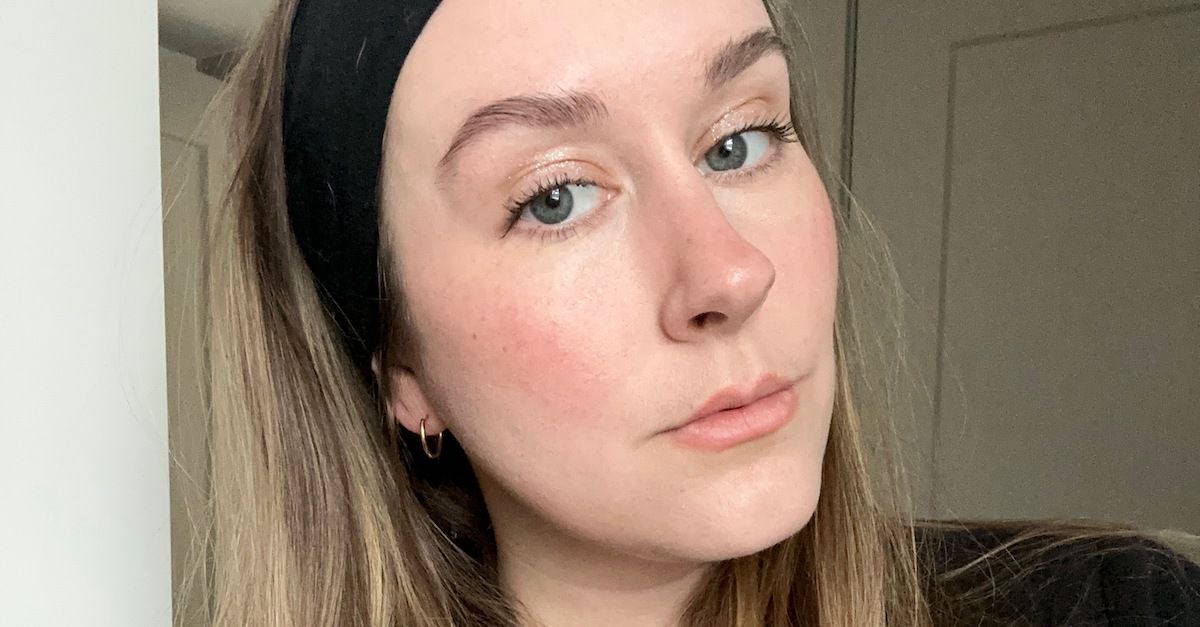Stay informed with free updates
Simply sign up to the US financial regulation myFT Digest — delivered directly to your inbox.
A top US regulator has pushed back at banks’ claims that stricter capital rules will increase borrowing costs, saying the lenders could always cut dividends and buybacks instead.
The comments from Michael Hsu, acting director of the Office of the Comptroller of the Currency, are the latest shot across the bow to banks, which have complained for months about regulators’ plans for stricter rules under the so-called Basel III endgame framework.
“The banking industry has said the new rules are going to hurt all kinds of folks in the real economy,” Hsu told the Financial Times. “I have encouraged them — provide analysis on what your share buybacks and dividend policies are going to be under these different scenarios. Because there’s a choice to be made with capital.”
The biggest fight between banks and regulators in the US in years is over the final implementation of minimum international capital standards crafted by the Basel Committee on Banking Supervision in Switzerland.
Banks are required to hold a certain level of capital to absorb potential losses. The proposals outlined by US regulators in July would require banks to hold an extra $2 of capital for every $100 of risk-weighted assets.
The question of what banks do with excess profits — whether they pay dividends and buy back stock or use them to fund business operations such as lending — is one of the flashpoints between banks and regulators.
JPMorgan Chase chief executive Jamie Dimon last year argued that the proposals risked making US bank stocks uninvestable.
US regulators cite the failure last year of midsized lenders Silicon Valley Bank, Signature Bank and First Republic as proof that stricter capital requirements are needed.
The US banking lobby, which has run television ads during American football games this season voicing their opposition, says the proposed US implementation of the Basel III endgame rules go too far and would result in banks lending less and at higher interest rates.
Hsu said he had seen no evidence for the banks’ claim that the new rules would make lending to minorities or small business owners more expensive.
“I’m hopeful that folks have included that analysis because if banks are saying it’s really hurting the real economy, but they’re providing increases in their share buybacks, I would suggest that there’s some questions for the bank about what the priorities are with regards to that comment,” said Hsu.
The comment period for regulators’ Basel III endgame proposal ended on January 16. It attracted about 300 comment letters from bank lobbyists, groups representing borrowers and various industries and individuals.
All of the nation’s largest lenders, including Bank of America, JPMorgan and Wells Fargo, submitted letters, none of which discussed share buybacks or dividends.
Hsu said regulators were weighing the comments they had received, but they had not set a deadline for when the rule, changed or otherwise, would proceed.
This article has been updated to account for new comments on the Basel III endgame proposal that were made public after initial publication


























































![Mason Ramsey – Twang [Official Music Video] Mason Ramsey – Twang [Official Music Video]](https://i.ytimg.com/vi/xwe8F_AhLY0/maxresdefault.jpg)



















:quality(85):upscale()/2025/01/15/863/n/49352476/9e69ba8767880fdc9084b2.84057222_.png)

